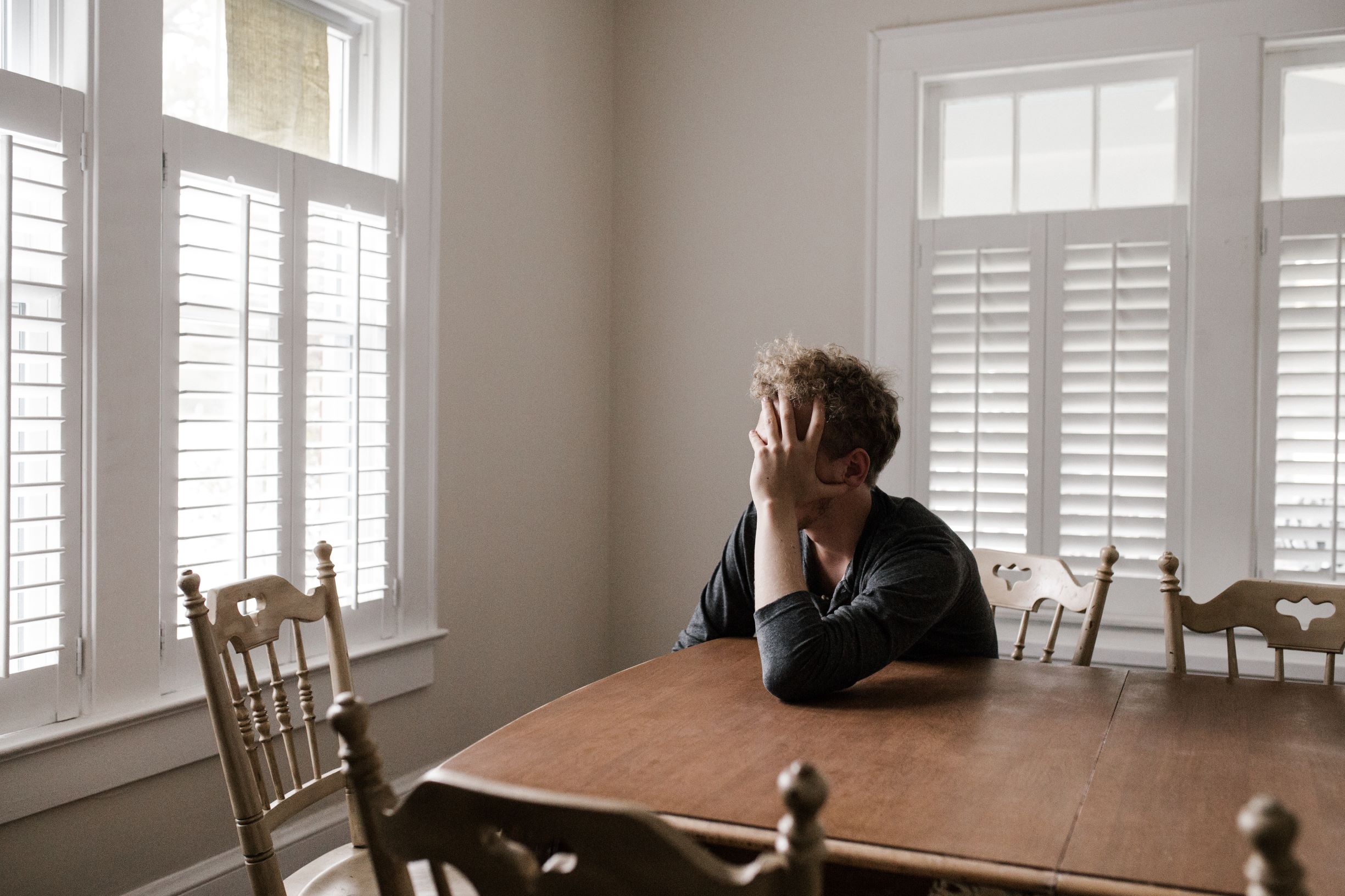
High-Potency Marijuana Linked to Psychosis
A growing number of states are legalizing the use of marijuana, either for personal or medical use. As of January 2020, recreational and medical marijuana is now legal in 11 states and medical marijuana is legal in 33 states. The potency of the drug has also increased significantly over the past several years. Marijuana can have an effect on mental health. Several research studies show that high-potency marijuana is linked to psychosis in users.
What is Psychosis?
According to the National Institute on Mental Health (NIMH), the word psychosis describes conditions that affect the mind, where there has been some loss of contact with reality. When someone becomes ill in this way it is called a psychotic episode. During a period of psychosis, a person’s thoughts and perceptions are disturbed and the individual may have difficulty understanding what is real and what is not.
Symptoms of psychosis include delusions (false beliefs) and hallucinations (seeing or hearing things that others do not see or hear). Other symptoms include incoherent or nonsense speech, and behavior that is inappropriate for the situation. A person in a psychotic episode may also experience depression, anxiety, sleep problems, social withdrawal, lack of motivation, and difficulty functioning overall.
High-Potency Marijuana
The drug marijuana produces a sense of “high” for users because of a psychoactive compound called tetrahydrocannabinol or THC. When the marijuana is considered to be very strong or high potency, it is because of an increased level of THC. New strains continue to pop up on the marketplace, with increasing levels of potency.
In fact, the levels of THC was typically found to be between 2% and 4% in 1995. In 2014, the percentage had increased to 12%. By 2017, a study of illicit drug samples found that the THC level had increased to 17.1%.
The Dangers
Research has found that there are dangers associated with the use of high-potency marijuana and, in particular, that high-potency marijuana is linked to psychosis in many of the study participants. Recent research suggests that smoking high-potency marijuana every day could increase the chances of developing psychosis by nearly five times compared to people who have never used marijuana.
In a study reported by NPR, high-potency cannabis is defined as a product with more than 10% THC, which is very common in today’s marketplace. This research found that people who use marijuana were three times more likely to have a psychotic episode compared with those who never used the drug. In addition, the study revealed that people who started using marijuana when they were 15 years old or younger had a slightly more elevated risk than those who started using at an older age.
Poorer Mental Health Outcomes
Yet another study, involving 1087 participants who reported using marijuana in the previous year and published in JAMA Psychiatry, found that marijuana use is consistently linked to poorer mental health outcomes. There is evidence that high-potency marijuana is linked to psychosis as well as higher risks of other mental health issues.
A case-control study of first-episode psychosis in England found that those who self-reported using higher-potency marijuana were twice as likely to have a psychotic disorder, compared with participants who did not use the drug. When the study was replicated in a multinational case-control study of first-episode psychosis across 11 sites in Europe and Brazil, the incidence of psychosis across sites was positively associated with the use of high-potency marijuana.
Treatment for Marijuana Use Disorder
Marijuana use, particularly high-potency marijuana is linked to psychosis and other mental health issues such as anxiety. The percentage of THC, the psychoactive compound that creates the “high” from marijuana, has been steadily increasing over the past several years. The high percentage of THC creates serious dangers for marijuana users. Treatment is available for marijuana use disorder that helps the user overcome the addiction and manage the withdrawal symptoms safely.
Contact Recovery Without Walls for Help
At Recovery Without Walls, we provide comprehensive treatment for your drug addiction, including exceptional psychotherapy, nutritional support, and integrative healing methods. An evidence-based medical practice, we promote comprehensive health and continuing recovery. Our professional staff provides individualized treatment, to address your specific needs in a whole-body approach. During COVID-19, we believe that early intervention can save lives and we urge you to contact us today for help.

